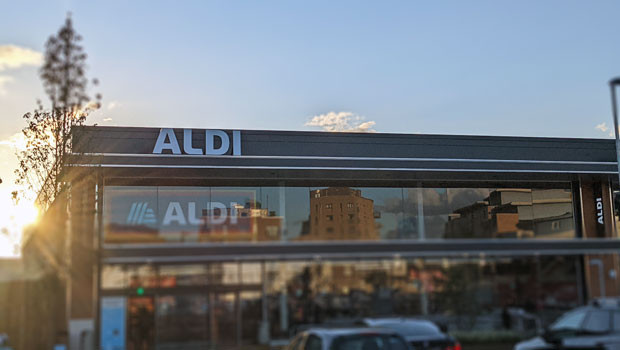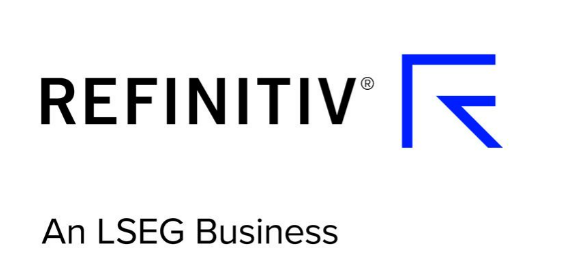
Source: Sharecast
According to data consultancy Kantar, supermarket sales fell 3.7% year-on-year over the 12 weeks to 20 February, but were still 8.4% higher than the same period before the outbreak of Covid-19 in 2020.
The annual decline reflected last year’s winter lockdown, when people were still eating more meals and snacks at home as offices and the hospitality sector remained closed.
Kantar said the fall in spending came despite a new high in grocery prices, as inflation stood at 4.3% in February.
“Apart from the start of the pandemic, when we saw grocers cut promotional deals to maintain availability, this is the fastest rate of inflation we’ve recorded since September 2013,” said Kantar head of retail and consumer insight Fraser McKevitt.
“Added to this, ongoing supply chain pressures and the potential impact of the conflict in Ukraine are set to continue pushing up prices paid by consumers.
“In terms of understanding how shoppers are responding, it’s a complex picture for the market this month.”
Households were spending £26.07 less at supermarkets on average in February, with own label sales doing better than brands for the first time in three months.
“It’s important to flag that the drop in monthly spending isn’t all down to savvy budgeting,” McKevitt noted.
“With the formal end to Covid restrictions in England, more of us are now eating on the go, buying sandwiches, salads and snacks on our lunch breaks, and enjoying meals out with friends and family. That means we’re buying less food and drink to have at home.”
Limited-assortment discount supermarkets were particularly benefiting, with Aldi and Lidl being the fastest growing retailers, both increasing sales by 3.3%.
Aldi attracted an additional 1.3 million customers compared to 2021, while Lidl brought in nearly an extra million.
Further evidence that shoppers were moving beyond the pandemic was also seen in online sales, down by almost 20% year-on-year over the past month.
“It’s clear that some shoppers are shrugging off their pandemic habits - 835,000 fewer people bought groceries online over the past four weeks,” said Fraser McKevitt.
“That’s compared with the record 6.6 million buyers we saw last year.
“Digital sales now account for 13.3% of all spending, down 2.1 percentage points from last year.”
The market-wide drop in online spending failed to dent Ocado’s performance, however, with the online-only grocer bucking the trend to increase its sales by 0.2% over the past 12 weeks.
It also grew its market share to 1.8% from 1.7%.
Shopper routines were also disrupted by the string of extreme winter storms in the middle of the month, with Kantar recording almost seven million fewer shopping trips during the week ending 20 February compared with its expectations for the time of year.
“In fact, on the Friday there was a 25% drop in footfall compared with the same day in 2021, as many schools, businesses and train links were shut across the country,” Fraser McKevitt noted.
Looking at market share, Tesco extended its run of market gains to take another 0.3 percentage points, now accounting for 27.7% of the market.
Waitrose also grew ahead of its peers to hold its share of the market flat at 5.0%, while Sainsbury’s market share was now 15.5%, Asda 14.6% and Morrisons 9.8%.
Aldi remained the fifth-largest grocer in the UK with a market share of 8%, and Lidl overtook the Co-op to become the country’s sixth-largest supermarket for the first time, with a share of 6.1%.
Co-op held 5.7% of the market, while frozen food specialist Iceland had 2.3% and independent retailers stood at 1.6%.


